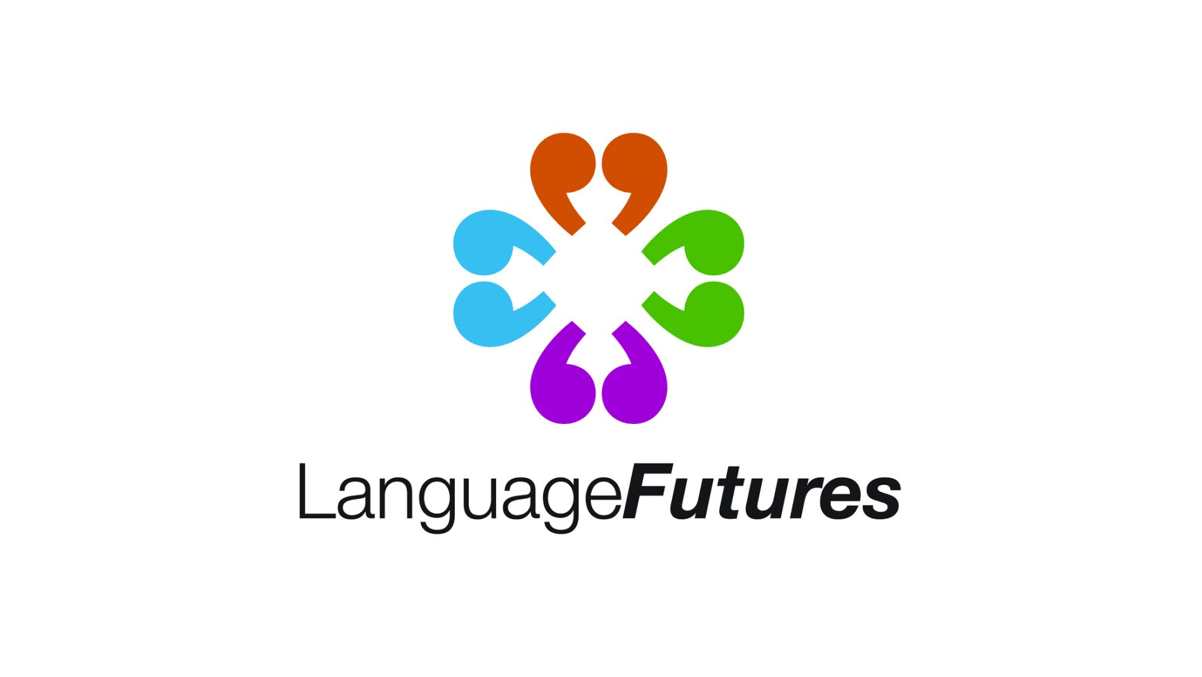
Language Futures is an exciting initiative for creative primary and secondary schools interested in developing languages beyond the classroom. It works in tandem with the languages provision already in place in school, and is not designed to ‘teach’ a language, but to equip students with the skills to develop as independent learners supported by school, home and a language proficient mentor from the community.
It can help schools to:
- broaden language provision
- improve language provision through transferable skills
- promote linguistic diversity
- create autonomous and informed language learners
- increase motivation and engagement
- provide opportunities for More Able, Gifted and Talented pupils
- celebrate pupils' home languages
- develop links with the wider community
- increase creativity and cross-curricular links through project-based learning
- explore opportunities for curriculum innovation
- maximise the time devoted to primary languages.
Motivation and engagement are key to the approach with learners not only choosing the language they wish to learn, but also exercising choice in elements of what and how to learn. The class teacher acts as a facilitator of language learning rather than a teacher of a specific language by creating the conditions for students to manage their own learning processes and supporting them to learn collaboratively with their peers.
Please see the Background page for information on how this highly innovative approach has been developed over the last number of years. Explore the Approach page for information on the core features of the Language Futures approach.
The Getting Started page offers advice on how the approach can be established in your school, including planning and preparing for its introduction and how to identify students who might benefit from exploring the approach.
Further details on the Language Futures Project can be read here in the Nesta Click, Connect...Learn? Report Lessons from taking volunteer tuition online through the Click, Connect, Learn Fund, November 2019 on P20-22.



Broadening language provision to create independent and engaged language learners
The Language Futures approach puts young people in control to create a deep sense of engagement in their learning.
It helps students to feel motivated and to see the relevance of their language learning by tapping into their own personal interests and lives outside of school.
Watch the Language Futures video to learn more about students' and teachers' experience of the approach.
Language Futures News
Click, Connect, Learn – online language mentoring
The Click, Connect, Learn fund is funded by Nesta and was launched in order to explore how digital technology could work to make volunteer tutoring more accessible. In 2017, Language Futures was announced as one of three organisations to receive a grant to model,...
Language Futures success at Grainville School
Language Futures is an exciting, highly personalised and innovative approach to languages teaching and learning which aims to broaden languages provision. It has been designed to foster deep learner engagement and enable students to take responsibility for their own...
Language Futures – Click, Connect, Learn celebrating Volunteers’ Week
Since 2013, Nesta and the Cabinet Office have been working together to increase the availability of volunteer-led tutoring within schools in order to improve the educational attainment of disadvantaged pupils. To this end, the Click, Connect, Learn fund was launched...
Background
Getting Started
Resources
Impact
 Language Futures was originally developed by Linton Village College as part of a Paul Hamlyn Foundation Initiative.
Language Futures was originally developed by Linton Village College as part of a Paul Hamlyn Foundation Initiative.
In September 2015 the Language Futures initiative was transferred to the Association for Language Learning, with legacy grant funding from the Paul Hamlyn Foundation until March 2018.



